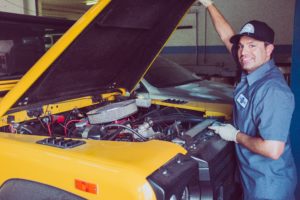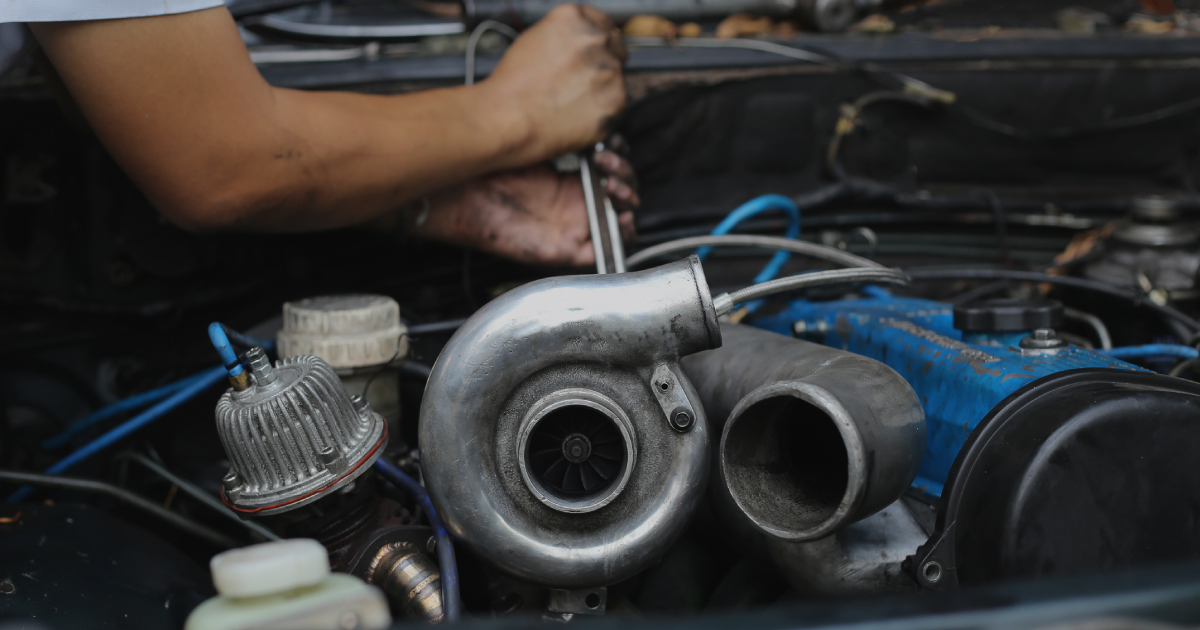Many consumers are curious which modifications could breach a warranty on a new vehicle. Violating the terms of a contract could be a costly mistake for new car owners. Some aftermarket alterations may void the new car warranty on certain parts or the entire vehicle, while others will not. Learn the difference to protect yourself from out-of-pocket expenses.
The Basics Of New Car Warranties
A new car warranty is a legal contract where the purchaser of the vehicle and the company providing coverage agree on certain obligations. Most warranties will cover certain part repairs and replacement within a set period. If the vehicle experiences a problem or defect within the time frame of the warranty, the provider will cover the costs of part repairs so the financial burden does not fall on the vehicle owner. New and certified pre-owned vehicle warranties can save a consumer thousands of dollars in vehicle repairs.
Almost all new cars come with factory warranties, or bumper-to-bumper warranties. Factory warranties protect owners against factory defects in the first few years after purchase. Car owners can choose limited or full warranties depending on their needs and budgets. A limited or basic warranty covers all parts of the vehicle except body panels, drivetrain components, and parts that are subject to regular wear and tear, such as brake pads or tires. Most new cars also come with drivetrain warranties to supplement the basic warranty.
A typical warranty is good for three years or up to 36,000 miles. Some luxury brands extend their basic warranties to four years or 50,000 miles. The ten-year powertrain warranties from Kia, Mitsubishi, and Hyundai are only good for new vehicles. Buying a vehicle used will come with a five-year or 60,000-mile warranty instead. Read the fine print of your vehicle warranty for information about which modifications – if any – could breach your end of the contract. Every warranty is unique.
New Car Warranties And Vehicle Modifications
Many consumers are under the impression that all modifications will instantly void a new car warranty. Luckily, this is not the case. Several modifications will not void a warranty, as long as the vehicle owner follows the stipulations of his or her contract. For most warranties, a vehicle modification will only void a warranty if the aftermarket part caused the issue that requires repairs. Otherwise, the new car warranty will still cover the vehicle despite the personalized modifications.
The Magnuson Moss Warranty Act
 You can’t fully understand new car warranties and modifications without the Magnuson Moss Warranty Act. Passed into federal law in 1975, this act forces consumer product manufacturers and distributors to provide clear and detailed information about warranty coverage. It also gives consumers an outlet to seek financial remedy for breach of warranty. The Magnuson Moss Warranty Act has a clear provision prohibiting vehicle manufacturers from forcing buyers to only use name-brand vehicle parts.
You can’t fully understand new car warranties and modifications without the Magnuson Moss Warranty Act. Passed into federal law in 1975, this act forces consumer product manufacturers and distributors to provide clear and detailed information about warranty coverage. It also gives consumers an outlet to seek financial remedy for breach of warranty. The Magnuson Moss Warranty Act has a clear provision prohibiting vehicle manufacturers from forcing buyers to only use name-brand vehicle parts.
The provision states that no warrantor of a consumer product may include a condition forcing the consumer to use an article or service identified by brand, trade, or corporate name – other than an article or service the manufacturer provides for free under the terms of the warranty. If the manufacturer can prove that a name-brand part is necessary for the vehicle’s safe and proper function, the manufacturer may apply for an exemption to the rule. This, however, is rare. The act gives the Federal Trade Commission (FTC) the power to interpret the application of this provision.
On the FTC’s website, it addresses modifications and new car warranties. It says consumers do not have to use the dealer for repairs or maintenance for the terms of the warranty to stand. The FTC states that the consumer can make repairs him/herself, take the vehicle to an independent mechanic, or a retail chain shop for repairs or maintenance and still enjoy the benefits of the warranty. This does not mean, however, that the same rules apply for vehicle modifications using aftermarket parts.
Vehicle Maintenance Vs. Modifications
The Magnuson Moss Warranty Act may protect consumers from breaches of warranty for maintenance and repairs, but what about aftermarket modifications the vehicle doesn’t necessarily need? The act gives vehicle manufacturers the right to refuse to pay for warranty repairs someone else’s vehicle part causes. If the aftermarket part contained a defect, or the individual did not install it correctly, and this causes damage to another part of the vehicle, the manufacturer has the legal right to deny warranty coverage for repairs.
Simply installing an aftermarket, non-name-brand part in your vehicle will not void your new car warranty. Installing a modification that causes damage elsewhere in your vehicle, however, could take away your ability to request paid-for repairs of the damaged part. A vehicle manufacturer has the right to refuse to pay for repairs if a modification caused the damage, as long as the manufacturer can prove that the aftermarket part caused the need for repairs. If the modification did not cause the breakdown, however, the warranty will still cover the part.
Partial Void More Likely Than Full Void
Even if a vehicle modification voids your warranty on certain parts, it typically will not affect the rest of the vehicle. The new car warranty will still cover repairs and maintenance on parts of the vehicle the modification did not affect. A manufacturer does not have the power to void an entire warranty because of a modification that only impacts part of the vehicle. Always read the fine print of your new car warranty to find out what it does and does not cover before investing in aftermarket vehicle modifications.
I’m a kid at heart disguised as an auto researcher and business owner. I’ve always enjoyed providing insight in the form of reviews (anime, video games, autos, etc.) When I’m not researching, I’m spending time with my family, driving my Dodge Challenger, riding my motorcycle, and finding new entrepreneurial pursuits.


